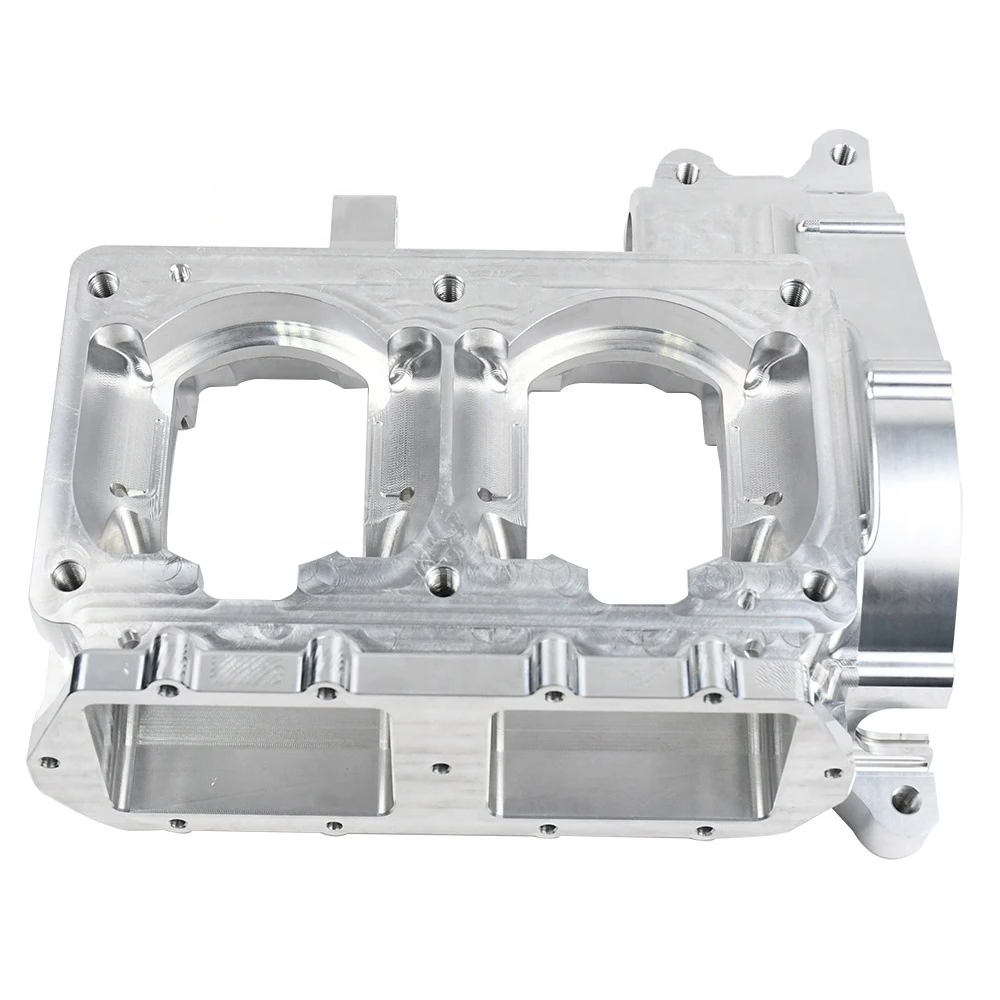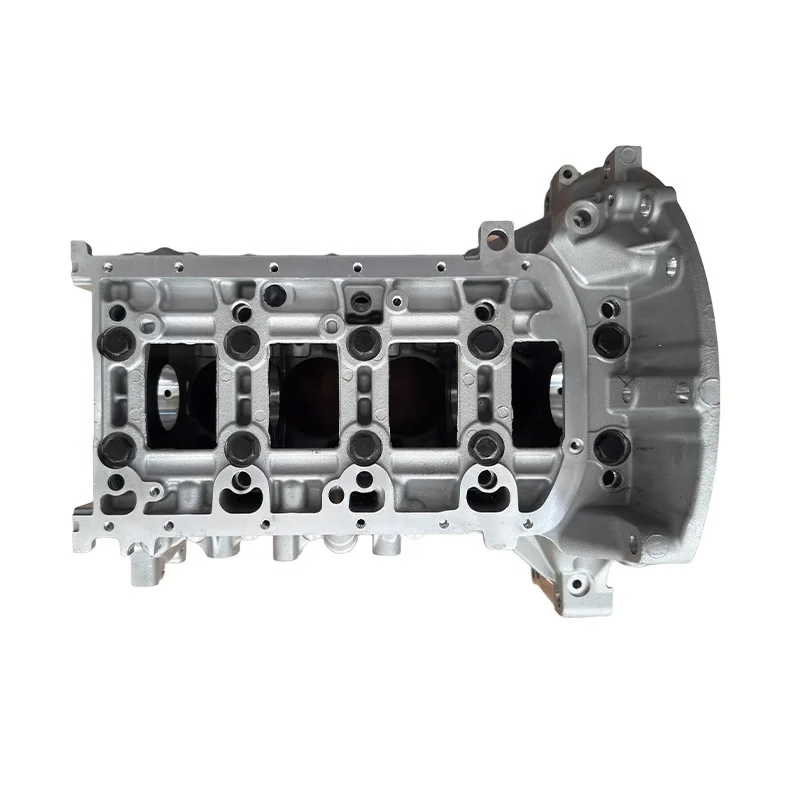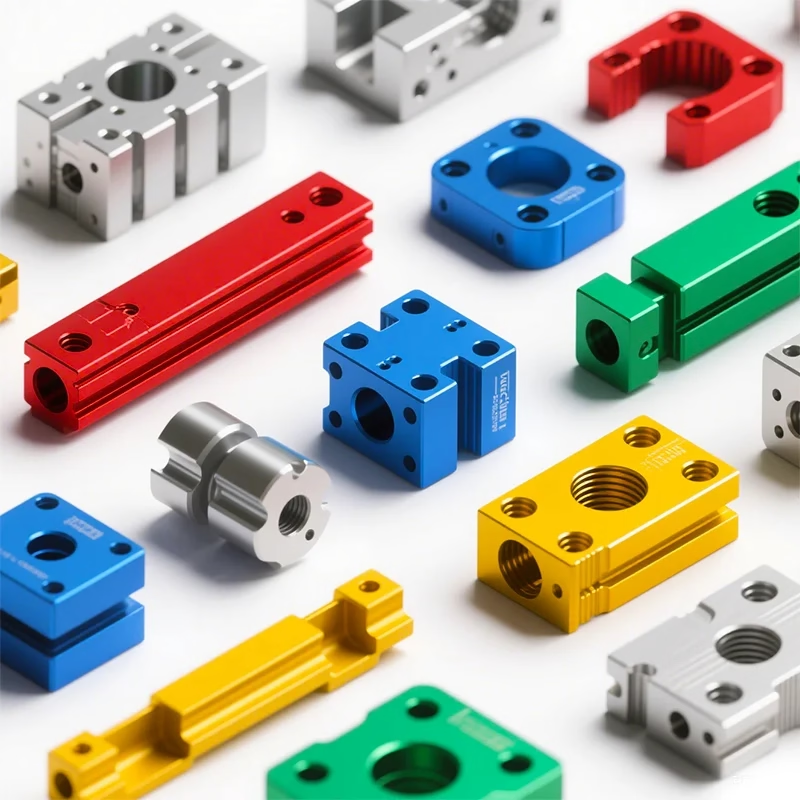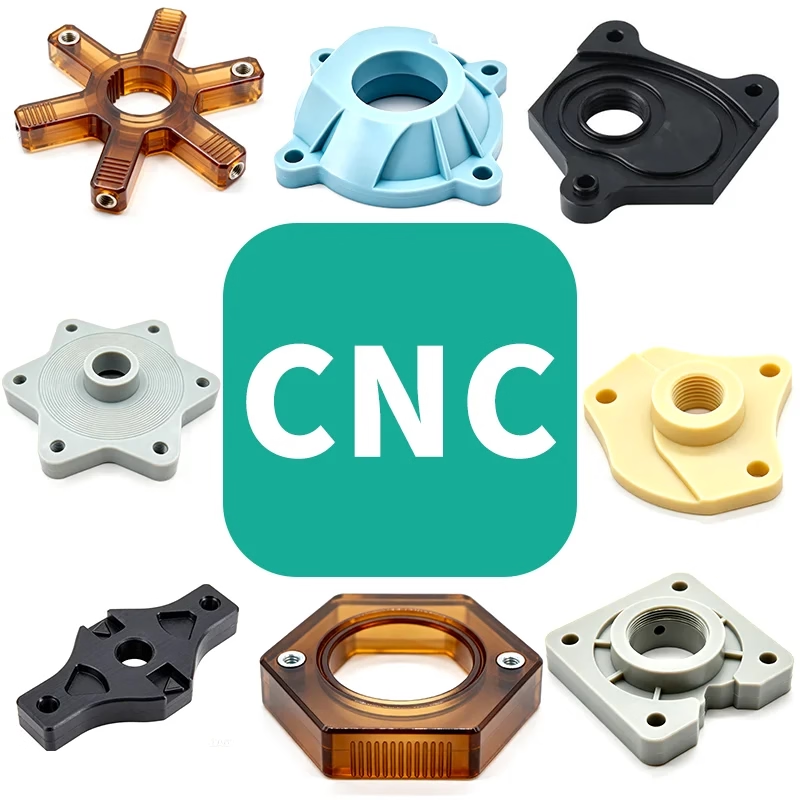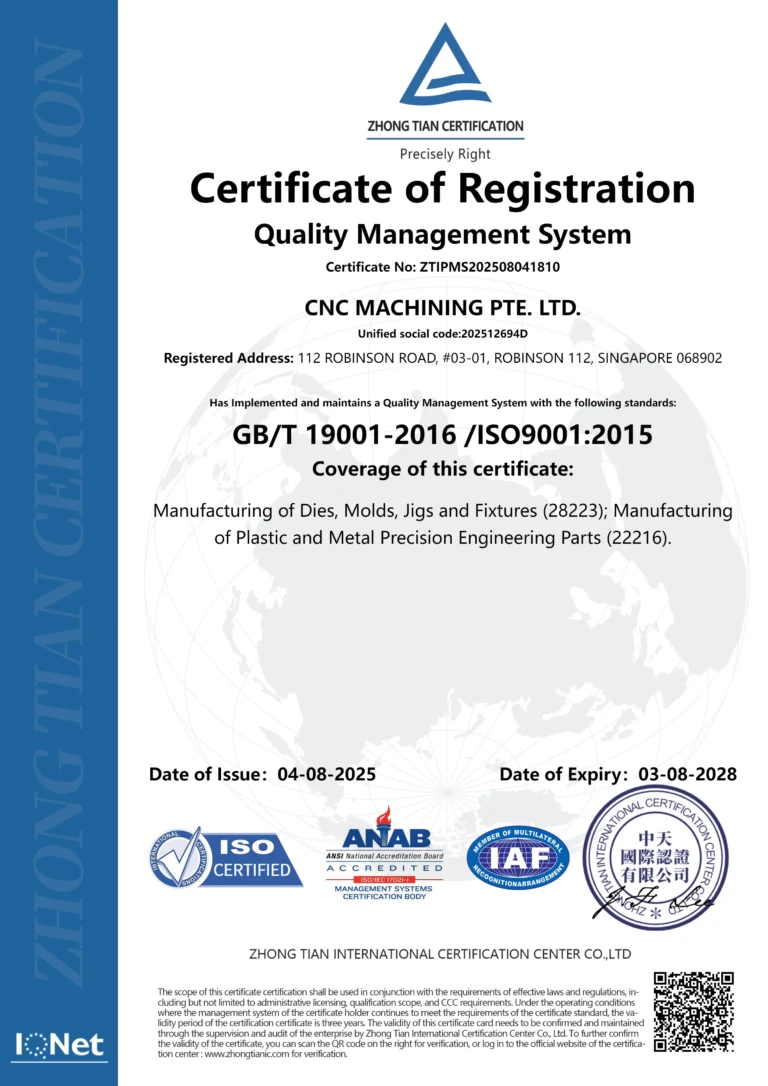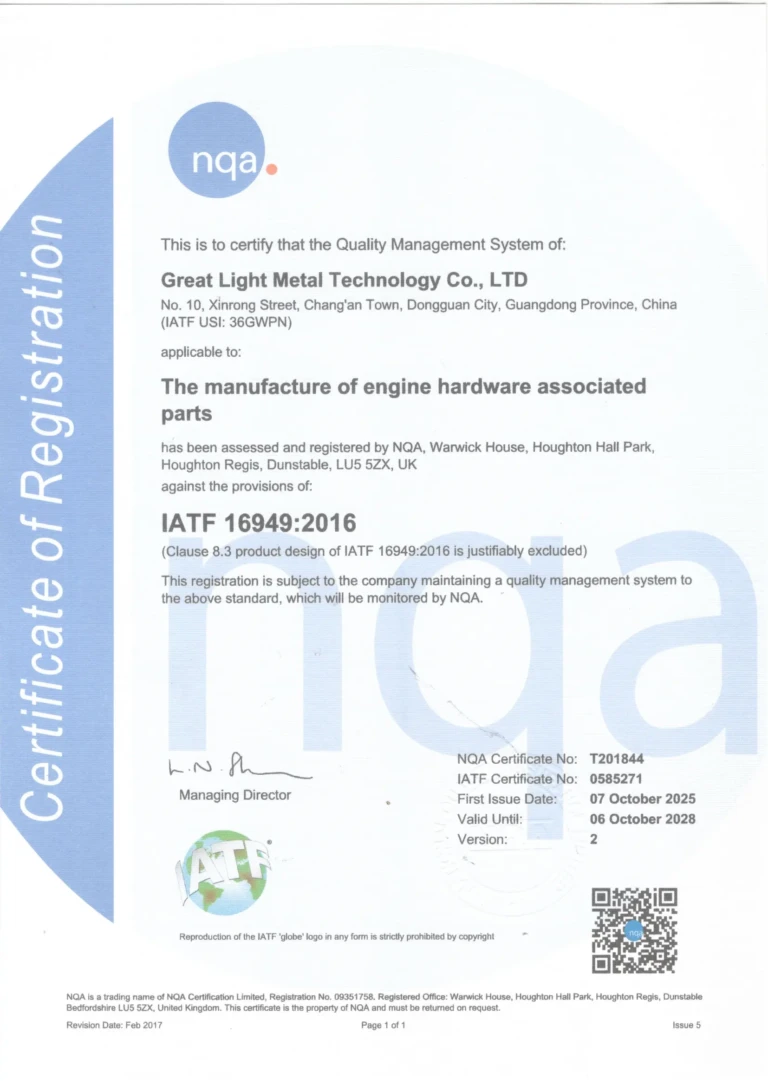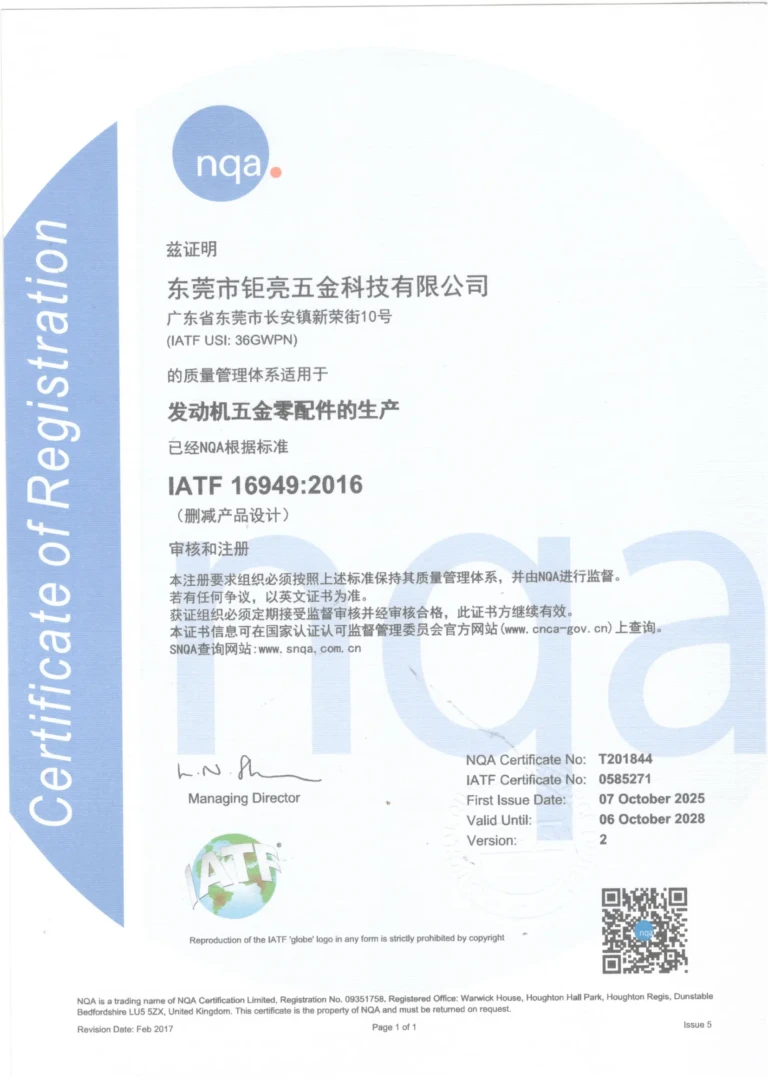The Evolution of Machine Tools: A Comparative Analysis of CNC and Traditional Machine Tools
The advent of Computer Numerical Control (CNC) machine tools has revolutionized the manufacturing industry by offering unparalleled levels of precision, speed, and flexibility. In this blog post, we will delve into the world of CNC machine tools, comparing them with traditional machine tools, and explore the features, advantages, and applications that make them an indispensable tool in modern manufacturing.
CNC Machine Tools: The New Standard in Machine Tools
CNC machine tools are programmable machines that use computer-controlled cutting tools to perform precise and complex operations. The main characteristics of CNC machine tools include:
- High degree of automation: CNC machine tools can perform various operations autonomously, such as tool changing, adjustment, and cutting, minimizing the need for human intervention and optimizing production efficiency.
- High treatment precision: CNC machine tools employ high-precision servomotors and ball screw readers, enabling them to achieve remarkable accuracy and precision in their workpieces.
- Large treatment range: CNC machine tools can process a wide range of parts, including complex shapes, curves, and surfaces, making them ideal for tasks that require precision and complexity.
- Good repeatability: The CNC machining process is fully controlled by computer programs, ensuring consistent and repeatable results.
- Flexible production: CNC machine tools can quickly adapt to different production requirements, allowing for rapid changes in production processes.
- Easy to use: The user-friendly interface of CNC machine tools makes it easy for operators to enter or modify programs, streamlining the production process.
- Relatively low maintenance costs: Although the initial investment in CNC machine tools is higher, their high efficiency and low scrap rate result in reduced maintenance costs over the long term.
Traditional Machine Tools: The Legacy of Manual Operation
Traditional machine tools, also known as manual machine tools, rely on human operation to perform machining tasks. The main characteristics of traditional machine tools include:
- Operation depends on manual exploitation: The operation of traditional machine tools is entirely dependent on the skills and experience of the operator, requiring a high level of expertise.
- Relatively low processing precision: Due to the manual nature of operation, traditional machine tools typically have lower accuracy and precision compared to CNC machine tools.
- Limited treatment range: Traditional machine tools are mainly used for treating simple parts with limited shapes and sizes.
- Bad repeatability: The uncertainty of manual operation makes it challenging to achieve consistent results.
- Low production efficiency: Traditional machine tools require frequent operator intervention, adjustment, and tool changes, resulting in lower production efficiency.
- Poor flexible production capacity: When processing different parts, traditional machine tools often require manual adjustments and settings, limiting their flexibility.
- Relatively high maintenance costs: The likelihood of operator error and the need for regular maintenance result in higher maintenance costs for traditional machine tools.
Comparative Analysis of CNC and Traditional Machine Tools
The following table provides a comprehensive comparison of CNC machine tools and traditional machine tools:
| CNC Machine Tools | Traditional Machine Tools | |
|---|---|---|
| Automation Level | High | Low |
| Treatment Accuracy | High | Low |
| Treatment Efficiency | High | Low |
| Treatment Range | Wide | Limited |
| Repeatability | Good | Bad |
| Ease of Use | Easy | Difficult |
| Maintenance Costs | Low | High |
Applications of CNC Machine Tools
CNC machine tools are widely used in various industries, including:
- Aerospace: CNC machine tools are ideal for producing high-precision and complex parts in the aerospace industry, including aircraft components, spacecraft, and satellite components.
- Automotive manufacturing: CNC machine tools are used for producing key components such as engines, transmissions, and suspension systems in the automotive industry.
- Electronic manufacturing: CNC machine tools are applied in the production of precision parts, such as sensors, connectors, and other electronic components.
- Mold manufacturing: CNC machine tools are used to produce molds with high precision and complex shapes, enabling the production of high-quality products such as plastic parts, dies, and molds.
Conclusion
In conclusion, CNC machine tools have revolutionized the manufacturing industry by offering unparalleled levels of precision, speed, and flexibility. Compared to traditional machine tools, CNC machine tools possess higher automation, accuracy, and productivity. As technology continues to advance, the applications of CNC machine tools will become even more widespread, driving the development of new products and manufacturing processes.



